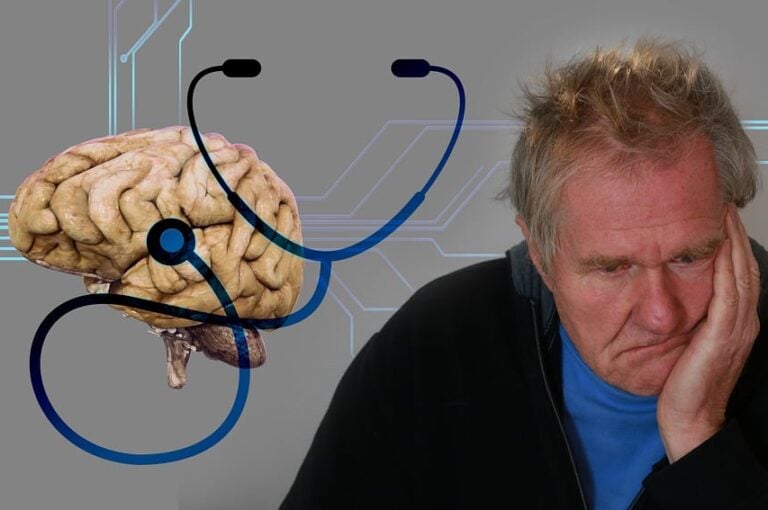VIDEO + ARTICLE:
A new epilepsy drug could be used to treat Alzheimer’s patients. Find out about this new experimental approach.
University of British Columbia researchers say a new epilepsy drug holds promise as a treatment for Alzheimer’s disease.
The findings, published in Alzheimer’s Research & Therapy, reinforce the theory that brain hyperexcitability plays an important role in Alzheimer’s disease, and that anticonvulsant drugs — drugs that prevent or reduce the severity of seizures — represent a promising treatment that deserve further human studies.
Continued below video…
In previous studies, several groups have tested the effects of the widely used anticonvulsant drug levetiracetam in both rodent models as well as two clinical trials in patients with early signs of Alzheimer’s disease. The findings suggest it may slow some of the symptoms of the disease, including memory loss.
In this newest research, Dr. Haakon Nygaard, the Fipke Professor in Alzheimer’s Research in UBC’s Faculty of Medicine, tested the effects of brivaracetam, an anticonvulsant drug still in clinical development for epilepsy, and closely related to levetiracetam. Since it is 10 times more potent than levetiracetam, it can be used at lower dosages. Nygaard and his colleagues found that it completely reversed memory loss in a rodent model of Alzheimer’s disease.
While the drug appears effective, the researchers are unclear how it works to reverse memory loss. Nygaard also points out that the current study represents very preliminary data with respect to treating patients with Alzheimer’s disease.
“Now we have many different research groups using antiepileptic drugs that engage the same target, and all point to a therapeutic effect in both Alzheimer’s disease models, and patients with the disease,” said Nygaard, a researcher with the Djavad Mowafaghian Centre for Brain Health. “Both of these drugs are likely to be tested in larger clinical trials in Alzheimer’s disease over the next five to 10 years.”
“Larger clinical studies in human subjects will be needed before we can determine whether anticonvulsant therapy will be part of our future therapeutic arsenal against Alzheimer’s.”
SOURCE:
UNIVERSITY OF BRITISH COLUMBIA











